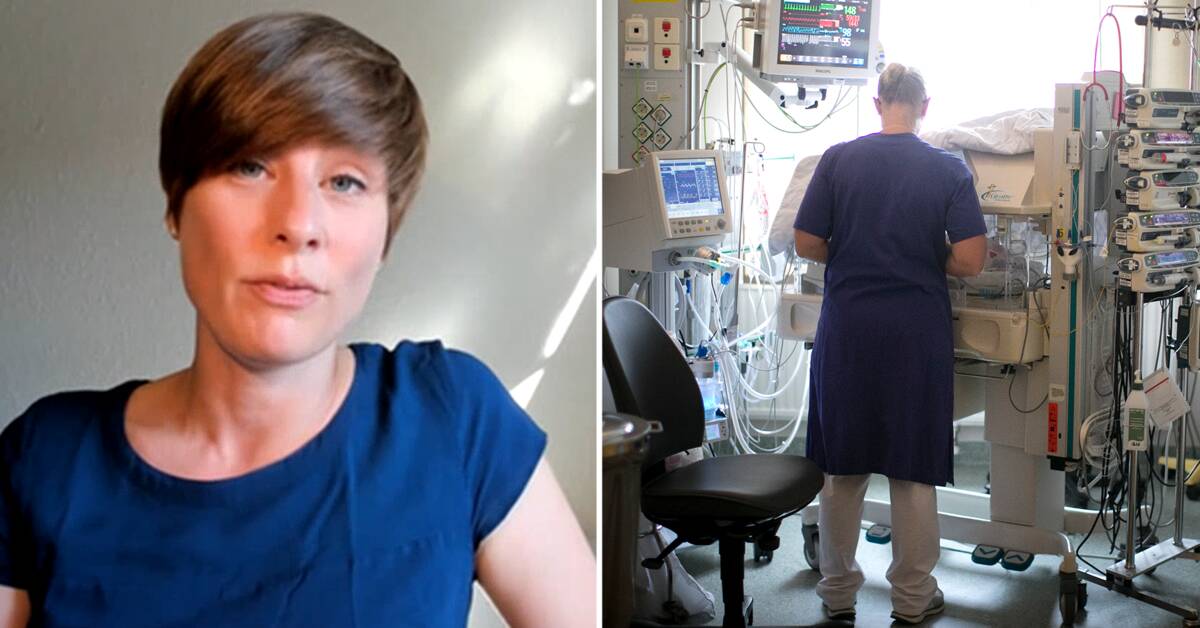More than half of the country's regions describe the situation for summer staffing as more difficult than in a long time, and during the midsummer weekend the pressure on an already strained healthcare system increases considerably.
The country's hospital is already in its summer staffing and many of the regions are now entering staff or preparation mode.
According to a survey sent out by Ekot, 14 out of 18 regions have difficulty staffing hospitals this summer.
- It is always more strenuous before longer major holidays.
What I hear from members across the country is that this looks to be the worst summer in a very long time.
There is a shortage of staff, which leads to a shortage of care places and longer waiting times for patients.
This in turn leads to increased ethical stress for the staff, says Sofia Rydgren Stale.
The care staff has been alerting for a long time about staffing during major weekends, why has the staffing issue not been resolved before the weekend?
- The regions have put themselves in this situation themselves.
For a long time, there has been no investment in staff and the work environment.
Doctors who work in hospitals mainly highlight the lack of care places as the biggest problem, therefore many choose to leave and this in itself leads to an increased shortage of care places.
Difficult to match patients' needs
The Stockholm Region refers to this summer's first care report, which will be released every Friday by the region's chief physician under the leadership of Johan Bratt from 1 July.
The initial report states that it is believed that there will be more staffed care places at the county's emergency hospital than last summer.
- Despite the fact that this year we plan to have more care places staffed, there will be times when care becomes particularly strained at different departments and hospitals.
It is always difficult to match the patients' needs at each individual hospital and respective medical specialty and therefore there may be periods during the summer when it is more strained and with longer waiting times, writes Johan Bratt.
Some regions are hit harder
During the major holidays, the regions that have a large influx of holiday travelers are particularly affected.
In some places, you close receptions and go into reinforcement or staff mode.
The frustration of the country's healthcare staff is increasing and the country's doctors describe it as caring for care places rather than patients.
How does the situation affect patient safety?
- Too few care places increases the risk that more injuries and accidents can occur, so the lack of care places in itself constitutes a great risk for patient safety.
Does that risk increase during higher-occupied weekends, such as the midsummer weekend?
- The higher the load, the more stressful the work becomes and then the risk of it happening incorrectly increases.
When you end up in situations - like the one we have now - where you increase the load very significantly, there is of course a risk that patient safety decreases.

